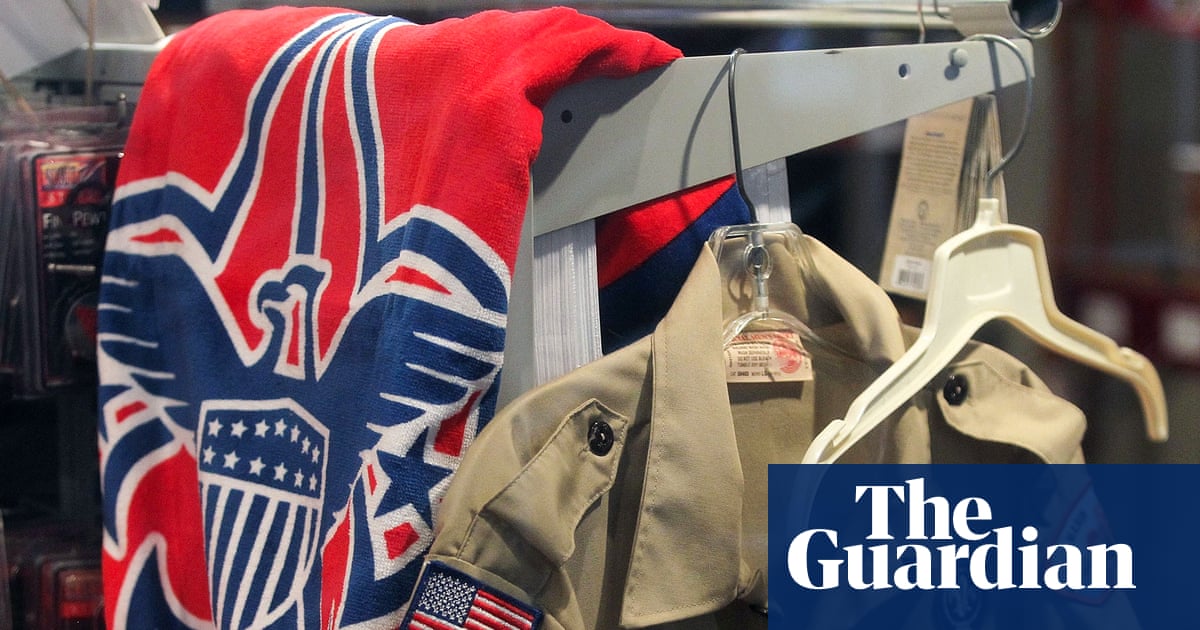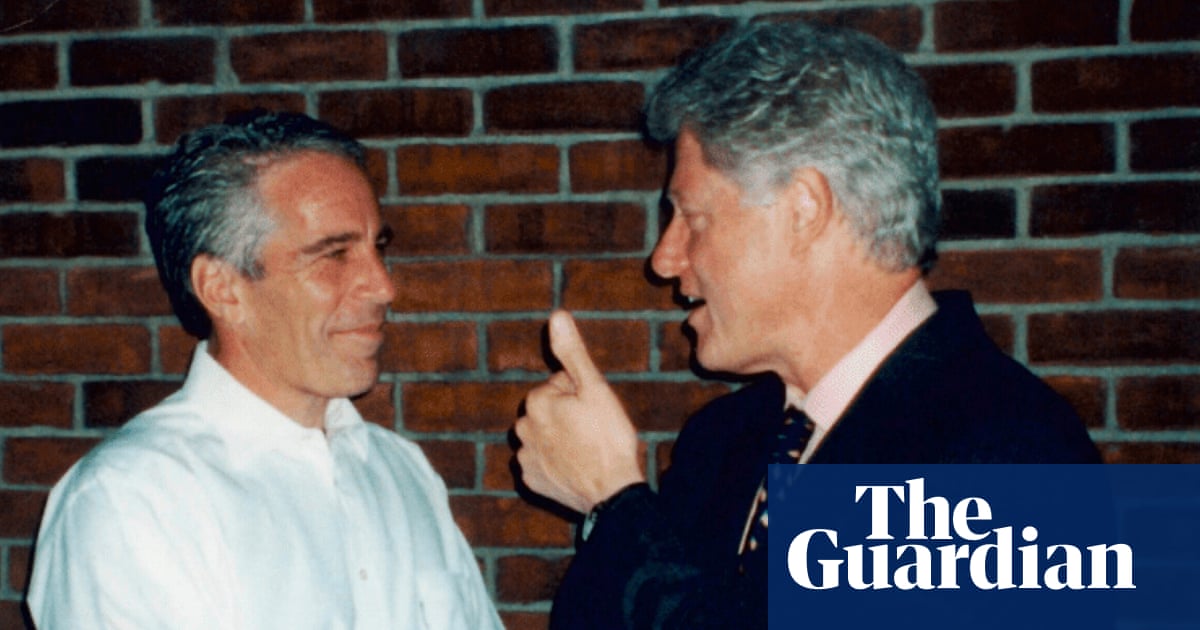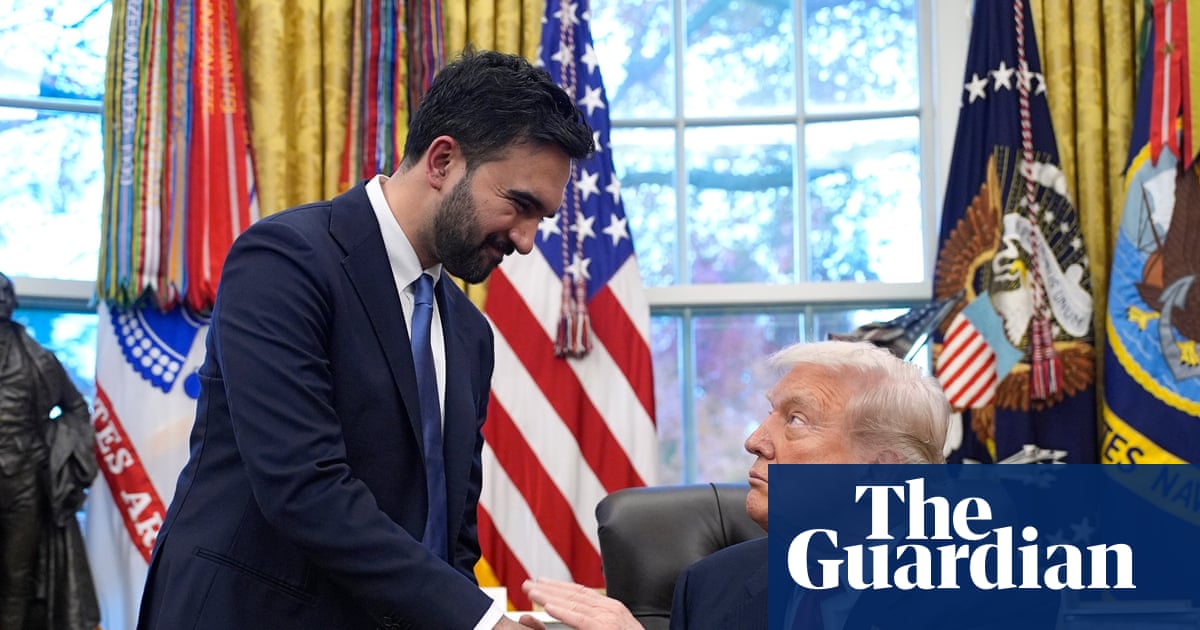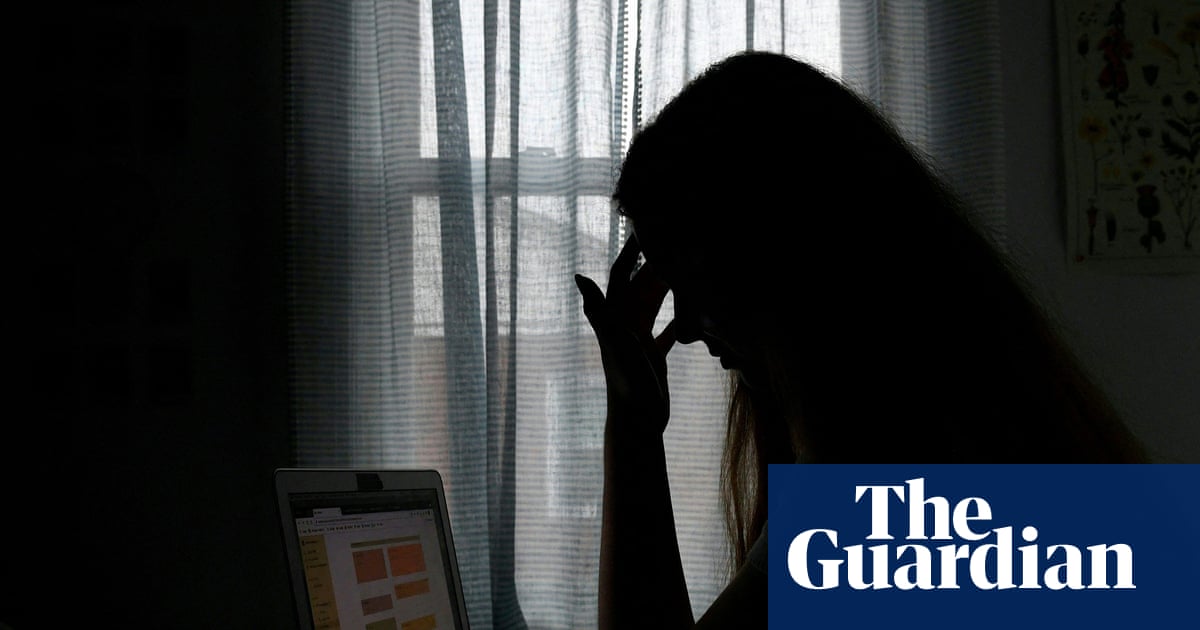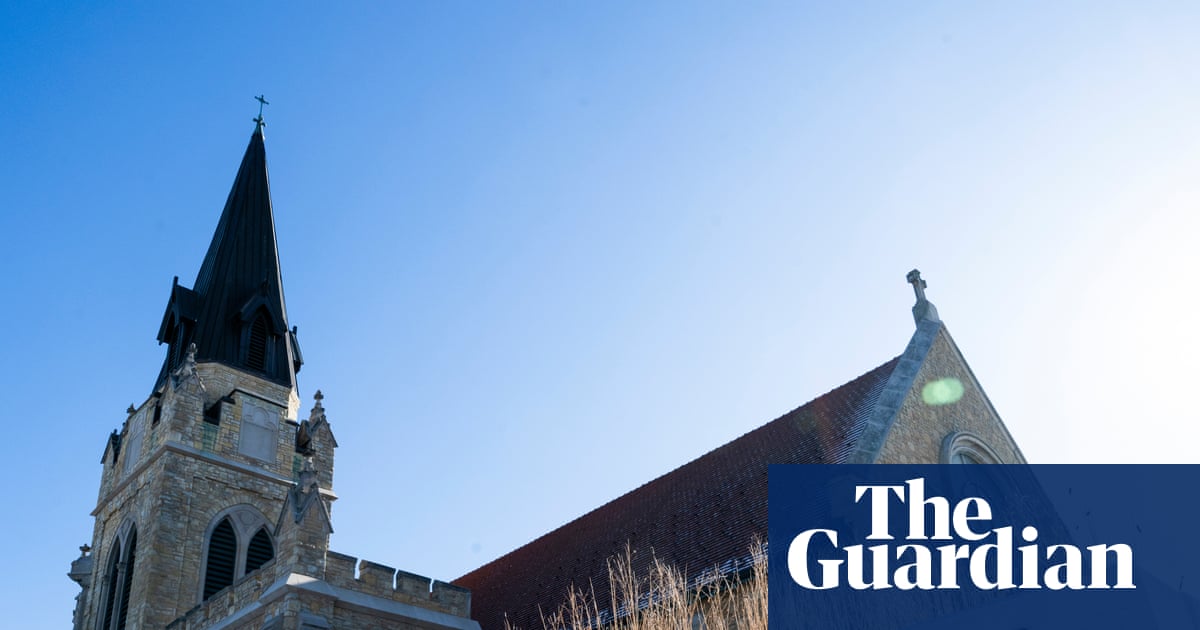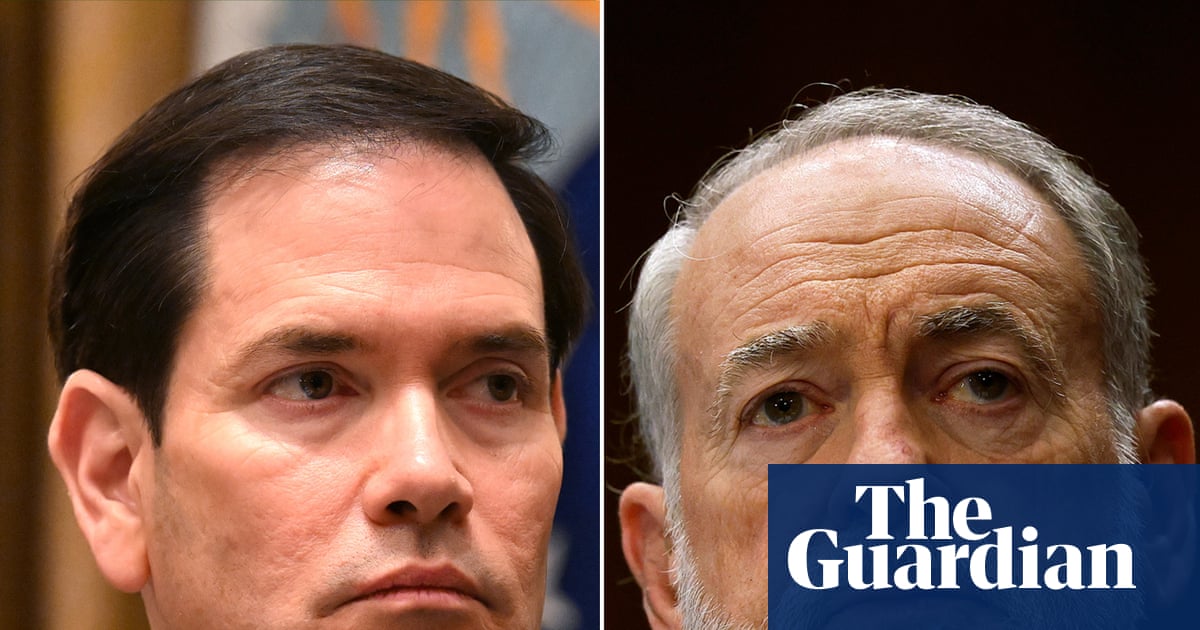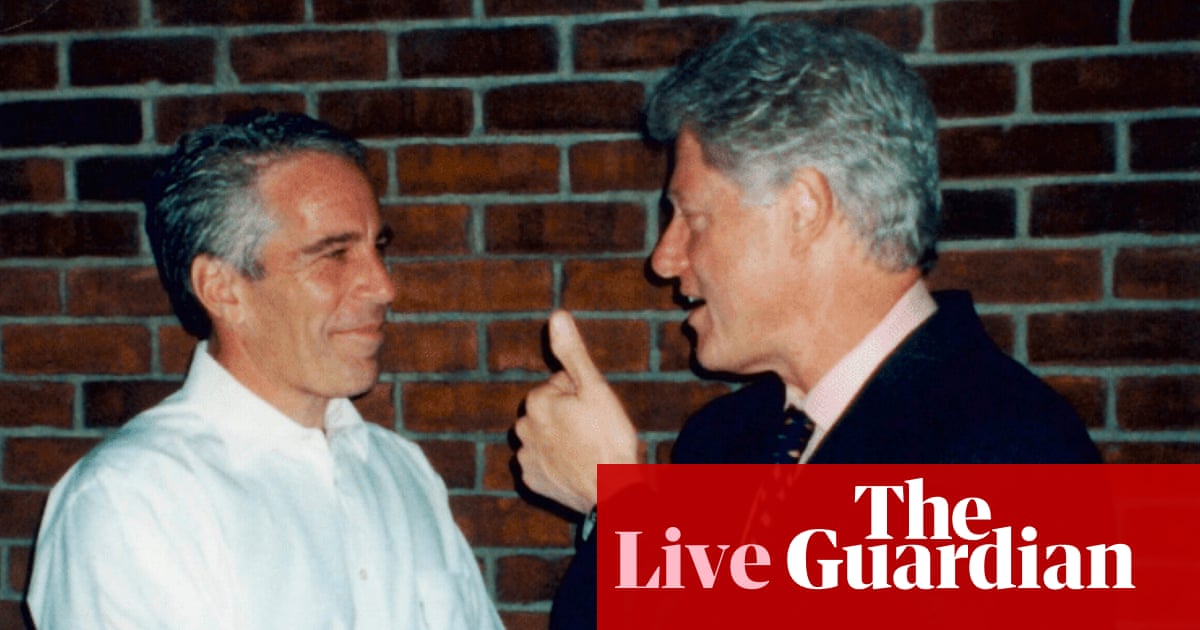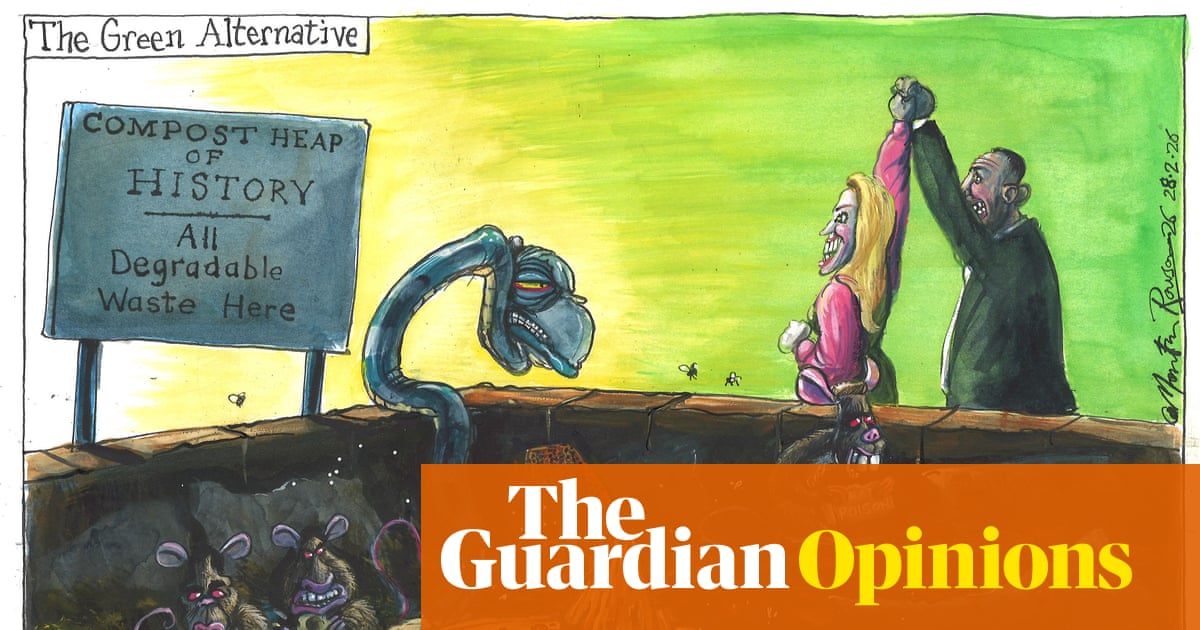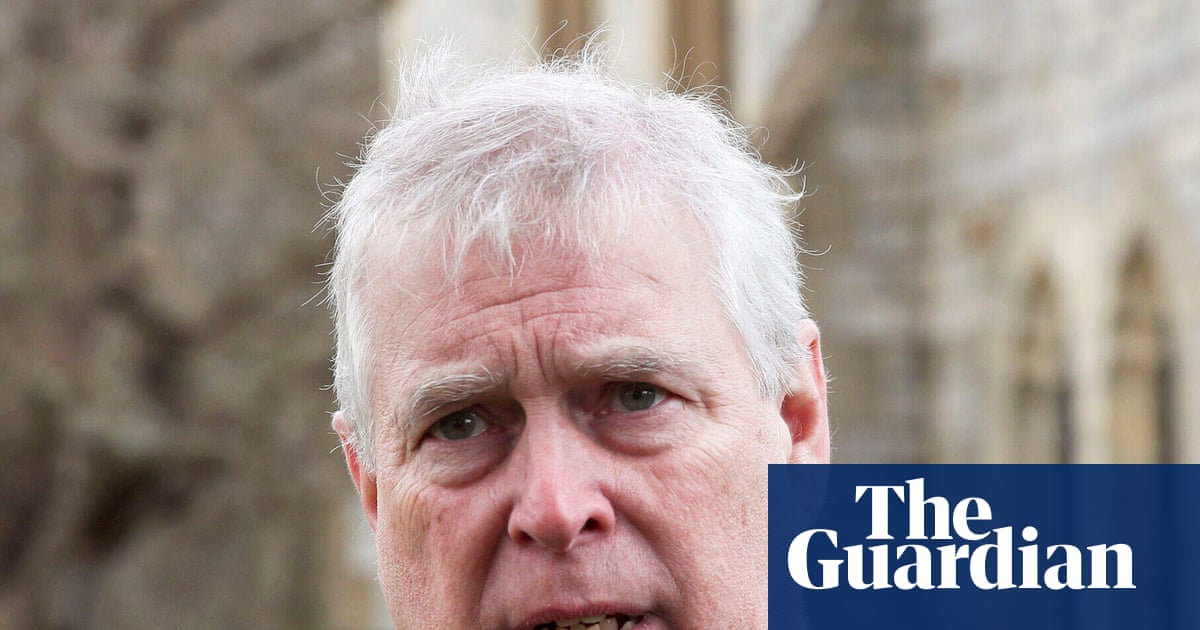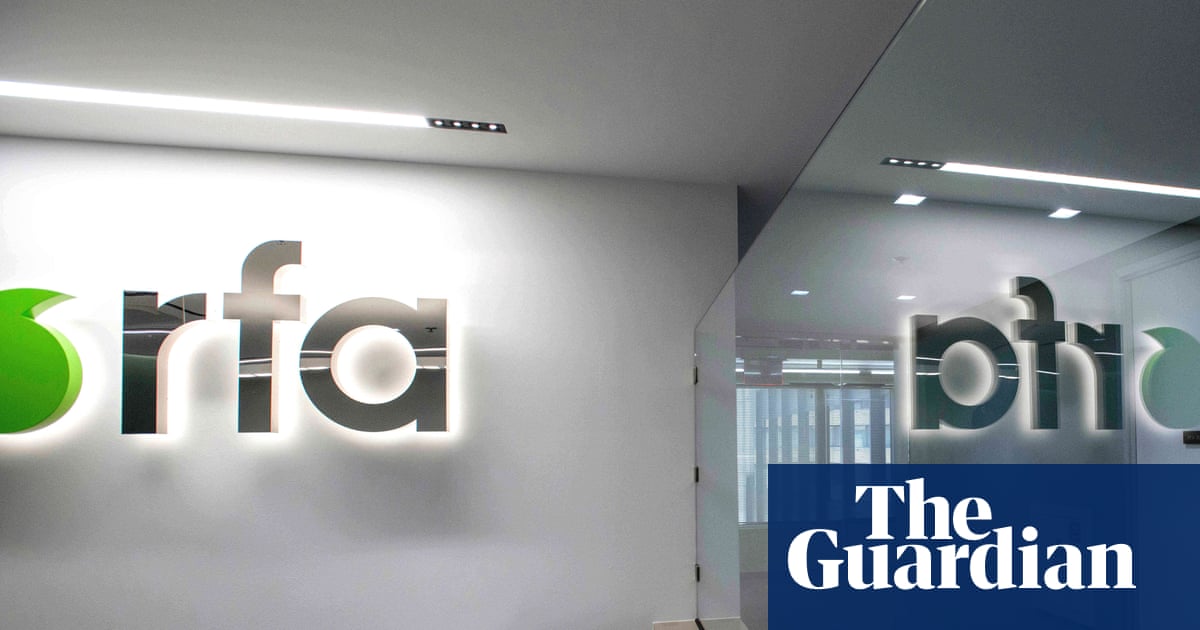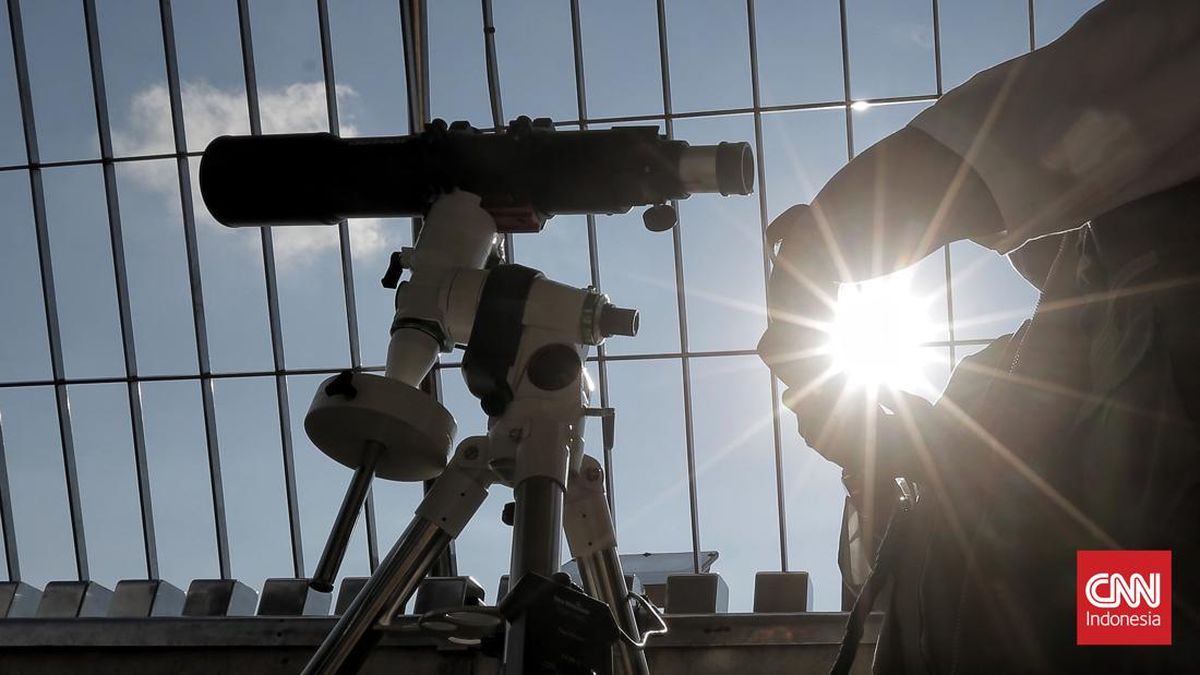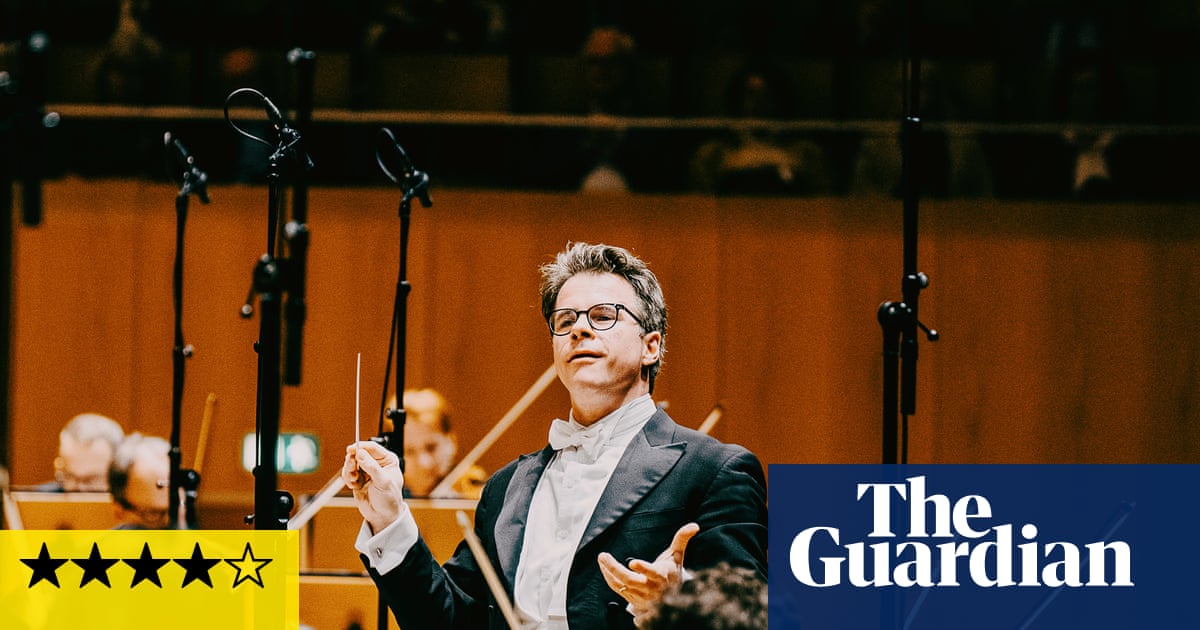Deeming universities too leftwing, outside donors and state governments are sponsoring curricula that center the classics, Christianity and the ‘great books’ of western civilization
A small conservative revolution has swept the humanities at some US colleges and universities. Its vanguard are new programs, called centers or institutes, that have begun cropping up at schools in recent years. Often funded by outside donors or earmarks from state governments, the programs tend to bear names featuring words such as “civic”, “freedom” or “classical”.
These centers do credible teaching and research, and are usually not explicitly political. But their goal, to counter what conservatives see as hegemonically leftwing teaching, arguably is.
Their rise has created a peculiar irony: just as the economic utility of the humanities is being questioned, and academic departments are gutted on budgetary or ideological grounds, some schools have found money for heady, old-fashioned curricula emphasizing the “great books” of western civilization and the literature of what used to be called the western canon.
While students arriving at some universities this fall may have thought ancient Greek to be dead and French lit struggling for survival, students at these new centers are discussing the philosophical ideas of the ancient world, Christian thought, the Enlightenment, the founding of the American republic, and reading the literature of William Shakespeare and John Milton.
Students at the University of Florida’s Hamilton school for classical and civic education, for example, can choose this semester from courses such as “What is the Common Good?”, “Just War”, “Great Books of the Ancient World”, “Liberty and Order” and “The Rule of Law”.
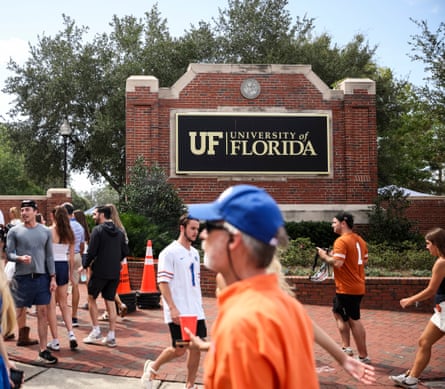
As the Trump administration attempts to bend major universities to its will, and many Republican politicians accuse higher education of being a hotbed of leftwing ideological indoctrination, schools are feeling pressure to demonstrate that their faculty and curricula are hospitable to conservatives.
William Inboden, a conservative academic and the executive vice-president of the University of Texas at Austin, argued in a recent essay that the American people have lost trust in US higher education, in part because of “a sense that American universities as institutions have deviated from, or even turned against, the fundamental values of the nation and what was once quaintly known as ‘the American way of life’”.
University administrators and state governments have embraced these centers as an end-run strategy, said Massimo Faggioli, a professor of theology at Trinity College Dublin who until recently taught in the US. Academic departments tend to resist outside reforms, Faggioli said, and freestanding “centers” are a way for university administrations to add conservative-coded spaces to their schools while avoiding messy confrontations with existing departments.
Some of the best known of these programs are Stanford’s civics initiative, conceived in 2017 and expanded in 2021, and the University of Texas’s school of civic leadership and Civitas institute, founded in 2023. The University of Arizona’s center for the philosophy of freedom dates to 2008, but recently hired several new faculty members.
Earlier this year, the government of Utah went even further – not only establishing by state law a center for civic excellence at Utah State University, but giving that center statutory control over the university’s entire general education curriculum. Students there will take new required courses on the “foundational primary texts” that “continue to shape society’s self-understanding, the American experience, and the modern world”.
According to the legislation, they will study the most famous of the dead male Europeans – such as Homer, Plato, Shakespeare, Montesquieu, Adam Smith and Alexis de Tocqueville – as well as Virginia Woolf and Chinua Achebe.

And last month the National Endowment for the Humanities announced a $10.4m grant, the largest in its history, to the Tikvah Fund, a conservative Jewish organization, for a project that will include the “development of university courses … to be offered in partnership with new western civilization BA programs at various major academic centers”.
For some academics whose research interests or views have not been in vogue, the changing winds may come as welcome news – at least by the relative, and still mostly bleak, standards of the academic job market.
Musa al-Gharbi is the author of We Have Never Been Woke: The Cultural Contradictions of a New Elite, and a sociologist who studies politics, culture and institutions. He noted that these centers are hiring people “who do decent work, who do serious scholarship for the most part”, but in some cases “probably wouldn’t have a job in academia were it not for this”, because their work is too conservative, too interdisciplinary or too “outside the lines” to appeal to typical academic departments at mainstream universities.
The Hamilton school’s faculty at the University of Florida include a scholar working on a “history of conservative critics of higher education”. The Civitas institute’s fellows include economists, law professors and philosophers of a conservative, libertarian or pro-market bent – including John Yoo, the lawyer who, while a White House official under George W Bush, famously wrote a series of legal memos justifying the use of torture to extract information from suspected terrorists.
In some cases, these new centers have been pressed on unwitting or resistant universities; some faculty at Utah State University have sharply criticized the new center there and accompanying curricular reforms as a kind of hostile takeover of the internal affairs of the university. Similarly, the University of Florida has said that it did not ask for the Hamilton school, according to reporting by Inside Higher Ed.

These centers bear some resemblance to the “para-educational” institutes that began springing up at some prominent universities starting about 10 years ago: independent centers funded by conservative donors and sited near universities, but not affiliated with them, to provide extracurricular courses and events about conservative, classical or Christian ideas. They include the Morningside institute at Columbia, the Abigail Adams institute at Harvard, and the Zephyr institute at Stanford. This month, the Morningside institute is holding discussions on Dante’s Inferno, St Francis of Assisi, and Roger Scruton, the conservative British philosopher.
Unlike those programs, these new centers are formally part of universities; like them, however, they tend to reflect an implicit view that the American humanities – allegedly consumed by ideas from critical theory, Marxism, postcolonial thought and the like – have drifted too far left, suffer from ideological conformity and promote an excessively negative view of the US’s history and place in the world.
In an email, Josiah Ober, a professor of political science and classics who co-directs Stanford’s Civics initiative, noted that state governments have directly established some of these new centers and that it would be mostly “fair to say that the motives of the legislators in question … include a concern for viewpoint diversity in university faculties perceived as being overwhelmingly more progressive than conservative”.
Al-Gharbi, the sociologist, believes that ideological conformity and a lack of conservative views are a genuine problem in higher education, but that the “reception” of these centers is complicated by the fact that the right is elsewhere engaged in attacking academic programs, such as women’s, ethnic, and area studies, whose ideas they find objectionable.
That makes conservatives’ enthusiasm for plurality of thought feel hypocritical, he said – and also risks making these centers more isolated from their broader universities “than might be ideal for them to achieve their actual goals”. He added: “One of the dangers of these centers is that you could end up with the same kind of groupthink that they were concerned about, just going in the other direction.”
Yet he and other academics also said that it would be wrong to assume that the revival of interest in the western tradition will only attract people who are politically conservative.
“We have all types,” said Charles McNamara, a professor of classics at the University of Minnesota. Some “classics undergraduates wear Oxford shirts, some of them wear cutoff shorts”.

Similarly, Dhananjay Jagannathan, a professor of philosophy at Hunter College, said that he knows someone “who was hired by a small, private institution for one of these rightwing-coded ‘great books’ programs, and he is a socialist, and I don’t think he hides that about himself”. Jagannathan is “cautiously optimistic” about the programs; at the end of the day, he said, “it’s good if more talented young classicists have jobs.”
Zena Hitz is a tutor at St John’s College, a school in Annapolis and Santa Fe that has taught a strict “great books” curriculum since 1937, and the founder of the Catherine Project, a non-profit that organizes discussion groups on the great books for members of the public. She sees the new centers appearing at universities as embodying an unusual mixture of goals – both functioning as “a kind of beachhead within the university where conservative ideas are welcome”, she said, and representing a “strategic move” to protect old-fashioned humanities fields, especially at public universities in conservative states “that would normally just be slashing the crap out of that stuff”.
Although the great books curriculum may be perceived as conservative or elitist in the current context, Hitz noted that it springs from a historical movement that possessed a “radical egalitarianism”. In the late 19th and early 20th centuries, miners and other blue-collar workers raised funds for libraries where they could read and discuss works of literature and political theory.
Similarly, the great books curriculum has historically enjoyed unusual bipartisan support, she said. “Conservatives like it because it’s the western canon, and it’s old, but liberals and progressives like it because the style of education is open-ended and honors the individual’s development.”
A few years ago, she co-taught a course on the Bible; as is not unusual at St John’s, about a third of her students were devout Christians, many from homeschooled backgrounds, and another third were gender-nonconforming students with generally activist leftwing politics. Despite some tense moments, it was an “amazing” experience, she said.
Al-Gharbi said that even if these centers actually wanted to exclusively hire conservatives, that might be difficult. “I’ve talked to some people who have set up these schools and run them,” he said, and they acknowledged that the recruiting pool for right-of-center scholars is small. Conservatives, in recent decades, have tended to self-select out of academia.
“They hope that over time, the pipeline could get a bit wider,” he said, “than is the case at present.”
Similarly, even the small bump in academic hiring that these centers may bring will not mean a major sea change, McNamara said, for classics and similar fields. “We have not had a good job market in the humanities since the 2008 financial crisis. And if there happen to be two extra jobs at an institute that’s appeared at one state university somewhere, I don’t think that really quite qualifies as a particularly robust job market.”
Quoting Aristotle, he added: “One swallow does not make a summer.”

 3 months ago
71
3 months ago
71

